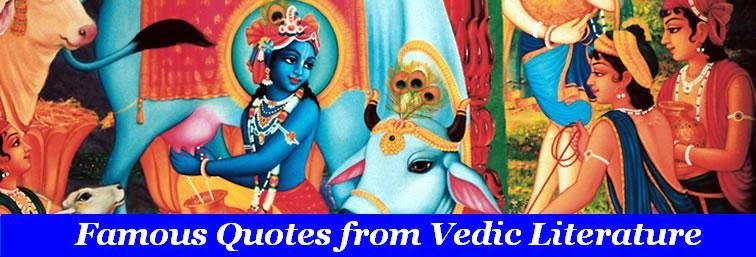īśvara-svarūpa bhakta tāṅra adhiṣṭhāna
bhaktera hṛdaye kṛṣṇera satata viśrāma
īśvara — the Supreme Personality of Godhead; svarūpa — identical with; bhakta — the pure devotee; tāṅra — His; adhiṣṭhāna — abode; bhaktera — of the devotee; hṛdaye — in the heart; kṛṣṇera — of Lord Kṛṣṇa; satata — always; viśrāma — the resting place.
A pure devotee constantly engaged in the loving service of the Lord is identical with the Lord, who is always seated in his heart.
---------------------------------------------------------------------------------------------------
sādhavo hṛdayaṁ mahyaṁ
sādhūnāṁ hṛdayaṁ tv aham
mad-anyat te na jānanti
nāhaṁ tebhyo manāg api
sādhavaḥ — the saints; hṛdayam — heart; mahyam — My; sādhūnām — of the saints; hṛdayam — the heart; tu — indeed; aham — I; mat — than Me; anyat — other; te — they; na — not; jānanti — know; na — nor; aham — I; tebhyaḥ — than them; manāk — slightly; api — even.
"Saints are My heart, and only I am their hearts. They do not know anyone but Me, and therefore I do not recognize anyone besides them as Mine."
-----------------------------------------------------------------------------------------------------
bhavad-vidhā bhāgavatās
tīrtha-bhūtāḥ svayaṁ vibho
tīrthī-kurvanti tīrthāni
svāntaḥ-sthena gadā-bhṛtā
bhavat — your good self; vidhāḥ — like; bhāgavatāḥ — devotees; tīrtha — holy places of pilgrimage; bhūtāḥ — existing; svayam — themselves; vibho — O almighty one; tīrthī-kurvanti — make into holy places of pilgrimage; tīrthāni — the holy places; sva-antaḥ-sthena — being situated in their hearts; gadā-bhṛtā — by the Personality of Godhead.
"Saints of your caliber are themselves places of pilgrimage. Because of their purity, they are constant companions of the Lord, and therefore they can purify even the places of pilgrimage."

